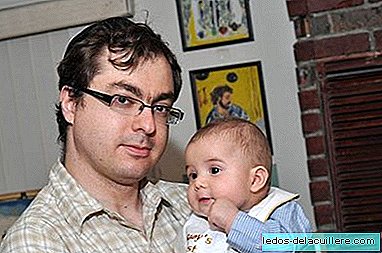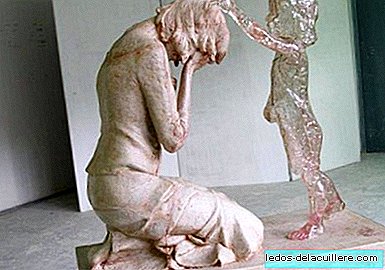
Babies' brains are an amazing world to discover. The neural connections established in the first years of life leave an indelible mark, also in relation to language.
According to a recent study published in the latest issue of PNAS, the American Academy of Sciences, Babies' brains recognize the mother tongue even if they stop hearing it for years. In other words, the first language they hear endures unconsciously on their mind map.
We have known that babies recognize sounds of the mother tongue, even since they are in the womb, but it was unknown if that recognition is maintained permanently even when that language has not been heard again, something that usually happens in the case of children adopted
Scientists from the Montreal Neurological Institute (Neuro) and the Department of Psychology at McGill University investigated 48 girls between the ages of 9 and 17 with different levels of exposure to French and Chinese.
They divided them into three groups. The first was made up of girls who were born and raised in Francophone families and only knew French. The second, by Chinese girls adopted by a French-speaking family before the age of three, so they did not know Chinese. And the third, for girls adopted by French-speaking families who continued to listen and learn Chinese.
They found that all girls who had been exposed to Chinese in their childhood, whether or not they continue speaking this language, showed activation of the left cerebral hemisphere, where language is processed. However, this region was not activated in girls who had only been exposed to French.
In conclusion, the brain continues to respond to the language it heard in the first years, and even months of life, although it has been forgotten. The processing paths of that language are preserved so it would be easier to learn, even from adults.
One more evidence of the powerful influence that the first experiences have on the baby's brain and how they determine their future.












